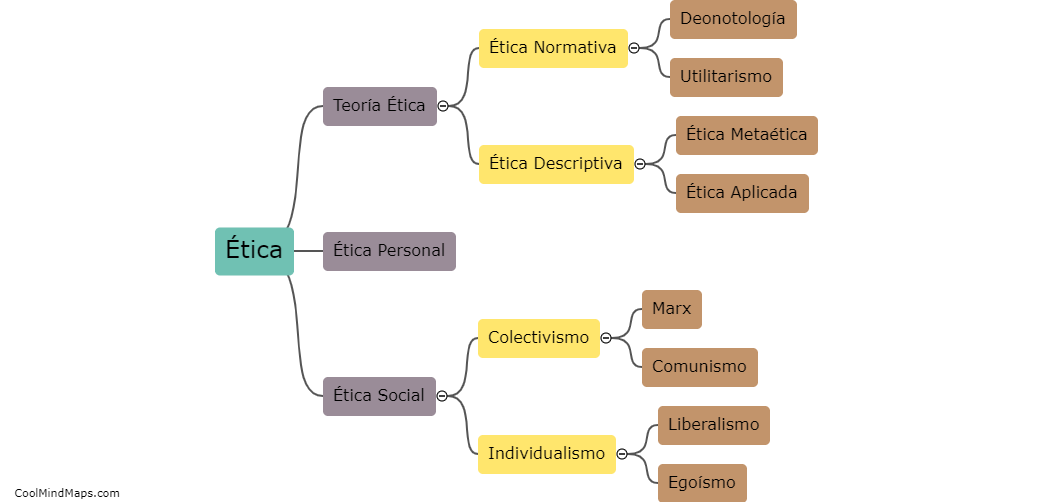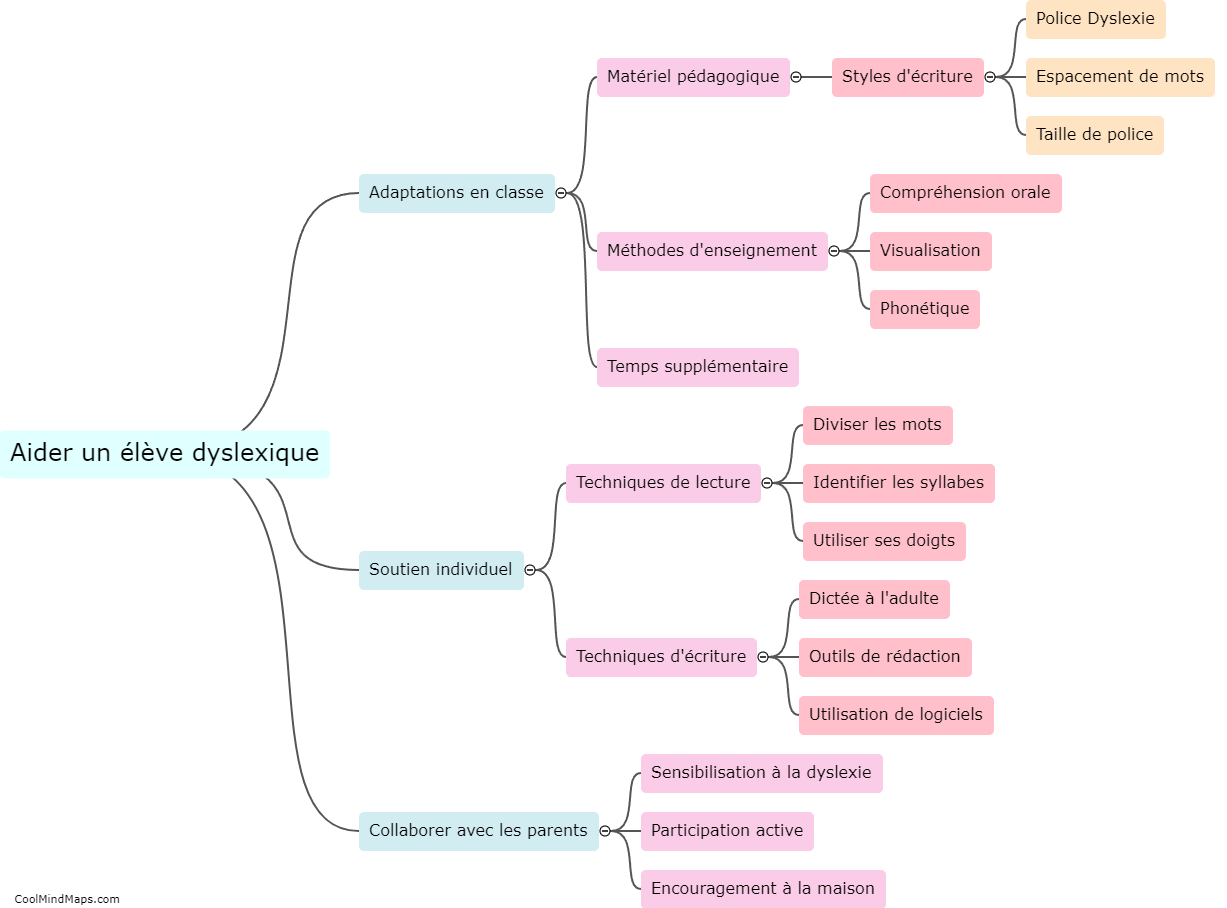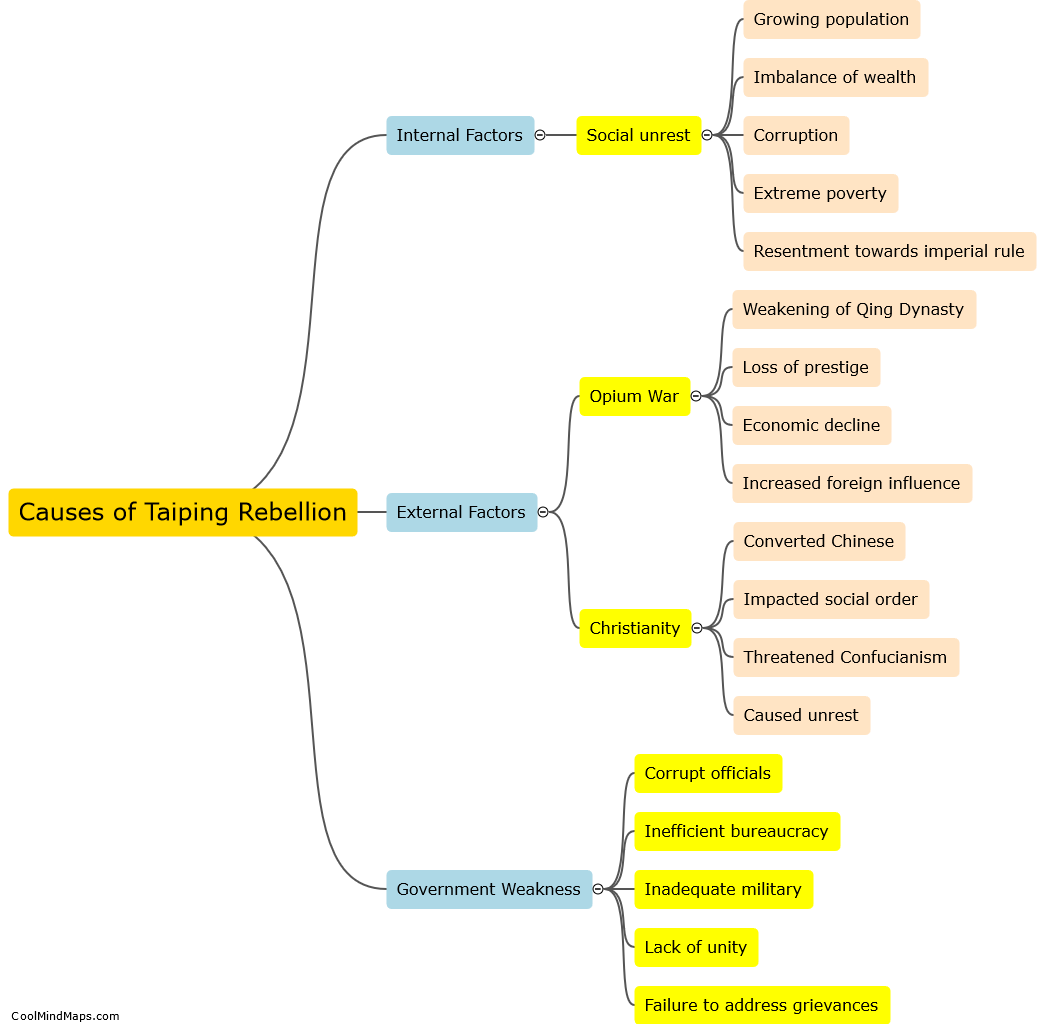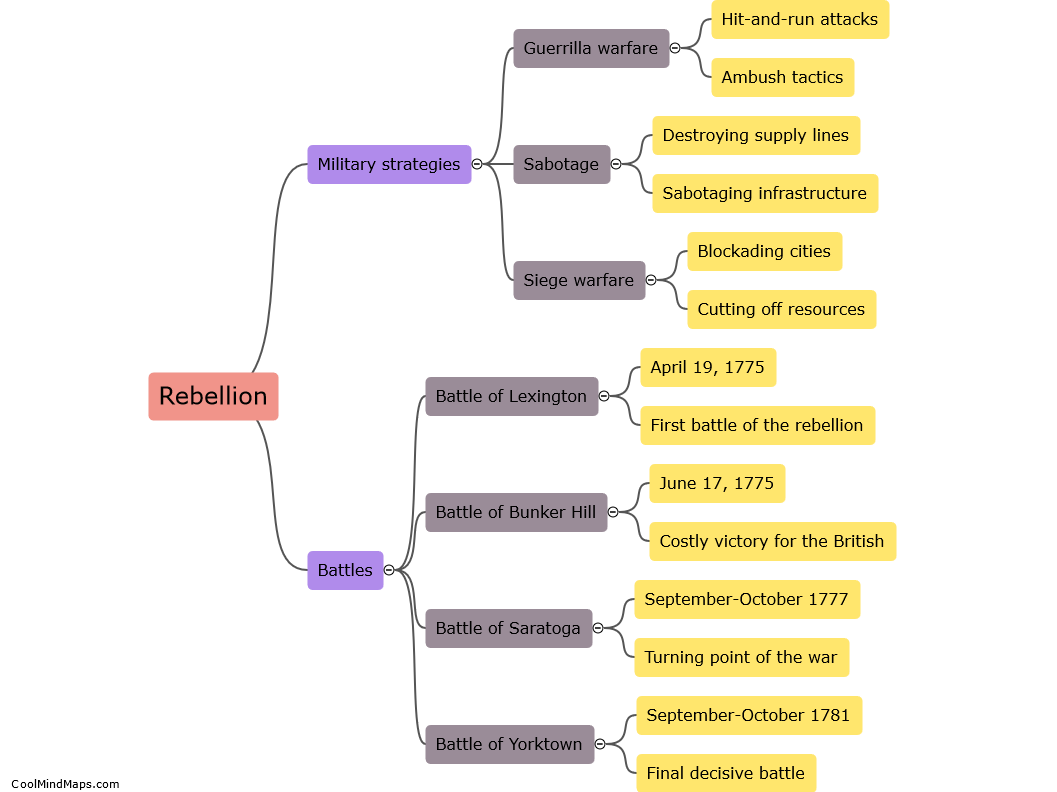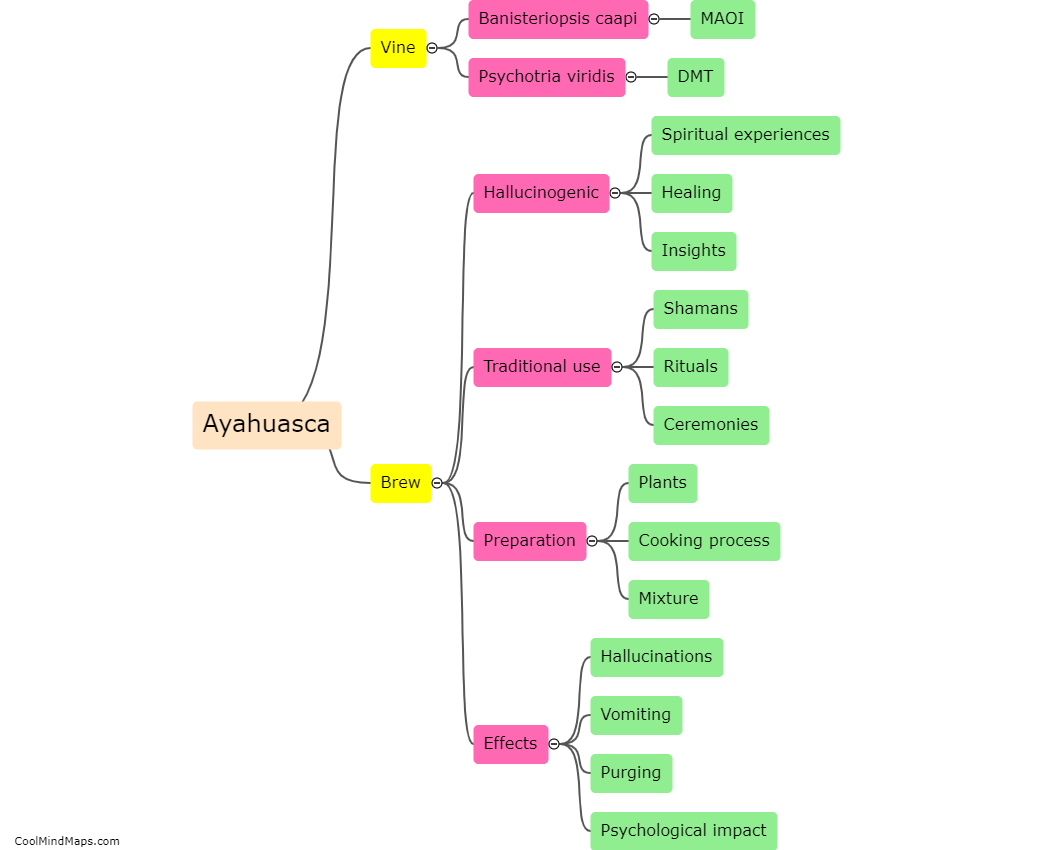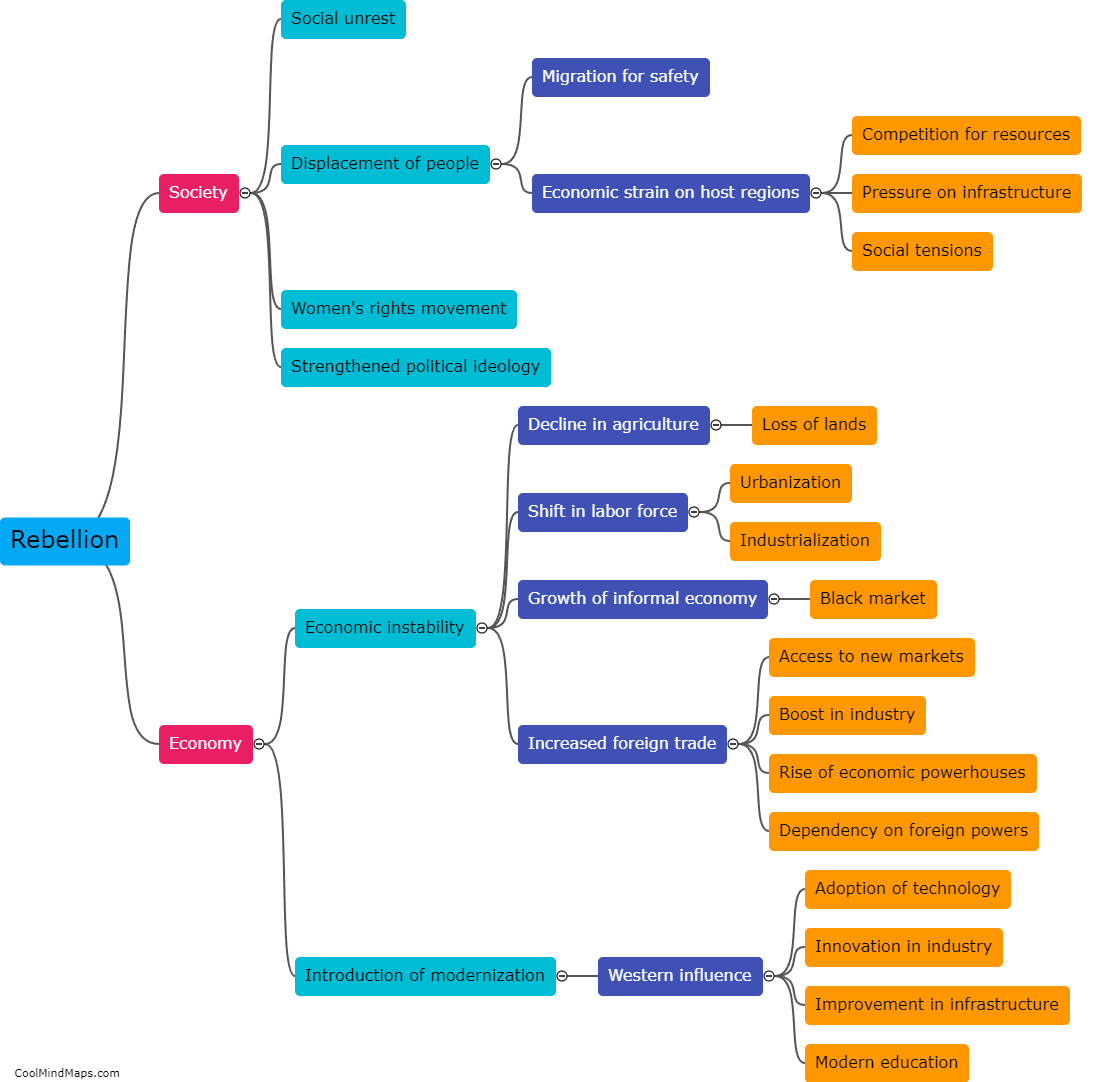What were the long-term effects and consequences of the Taiping Rebellion?
The Taiping Rebellion, which occurred in China from 1850 to 1864, had significant long-term effects and consequences on the country. One of the most prominent effects was the weakened Qing dynasty's loss of credibility and authority, as they proved unable to suppress the rebellion without foreign aid. This rebellion also led to widespread destruction and loss of life, causing a decline in the Chinese population and significant economic damage. The rebellion paved the way for later revolutions and political movements in China and acted as a catalyst for modernization efforts during the late 19th and early 20th centuries. Additionally, the rebellion highlighted the importance of social reform and exposed the severe social and economic inequalities that plagued China at the time. Overall, the Taiping Rebellion played a crucial role in shaping China's future trajectory, leading to significant changes in political, social, and economic systems.

This mind map was published on 12 September 2023 and has been viewed 151 times.
